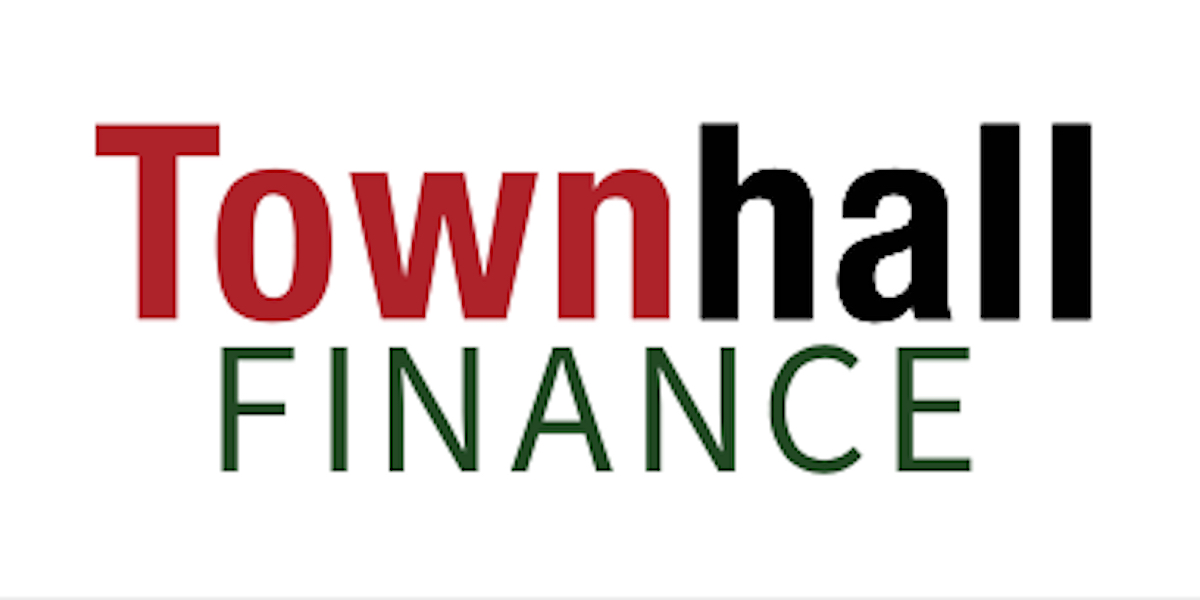
14 May 2021 Big Business Learns Lesson From Georgia, No Mass Boycott Of Texas
The word woke once evoked the image of a brilliant sun over a fresh new morning. But “woke” raises dimmer connotations.

Scott Shepard
Our latest, woefully redundant evidence of the hopeless flaw in the foundational metaphor of this destructive movement: As the election-integrity fight moves to Texas, some companies are still standing against clean, fair and open elections – despite the spectacular, and spectacularly embarrassing, rout at the Battle of Georgia.
As I have mentioned in these pages, we at the Free Enterprise Project have been asking companies at their annual shareholder meetings to defend their early (and fierce!, of course) objections to the Georgia election law. In almost all cases, they have, like Brave Sir Robin, turned their tails and fled. They very obviously virtue-signaled before any adults at the corporations did any thinking. None could identify a single provision to which they objected. Most embraced voter ID for every ballot, which is the primary purpose of the legislation. Companies that had not even come out against the law have in many cases been careful to announce that they don’t object to any specific laws, but just want accessible and clean and honest elections.
As do the law’s supporters.
But there are always some particularly slow learners in any class. And those are revealing themselves as the campaign front moves from Georgia to Texas. There, despite the Georgia defeat, a few companies – a much smaller number, mind – are standing up against election integrity once again.
No surprise to see Levi Strauss in that crowd. Its CEO, Chip Bergh, was the fellow who admitted at his shareholder meeting that voter ID is perfectly fine, and that elections should be honest, but still declared that efforts to ensure election integrity were somehow “racist” – though he couldn’t explain which, or how. (That’s about par for the course with this crowd, for whom “racist” is both the dirtiest epithet possible and means nothing more than “something with which I disagree.”)
Alongside Bergh and Levi’s are some companies that I’d really have thought were smarter: American Airlines, Microsoft and HP. (We fully expected to see Salesforce on that list. CEO Marc Benioff is so desperate to be an unelected dictator that if you look at him in direct sunlight you can see, like the force around a Jedi, the vague outline of a little tin pot hovering over his head.)
What are their objections? They “call … on all elected leaders in Texas to support reforms that make democracy more accessible and oppose any changes that would restrict eligible voters’ access to the ballot.” According to The Wall Street Journal, the group specifically intended to oppose the bills that are moving through the legislature, and that by the end of last week had passed both houses of the Texas legislature, but need to be reconciled.
So once again, the companies have opposed the bill without opposing any specific provisions, or explaining their objections and offering alternatives that would ensure the clean and honest elections about which they nod toward caring (the “eligible voters” phrase in their pronouncement).
But their position statement, while only a sentence long, is still telling. They oppose “any changes” that would restrict eligible voting access. Any? Even the withdrawal of provisions made in response to the COVID emergency, and that were never meant to be permanent? Even changes that would eliminate some ancillary forms of access that significantly contribute to the likelihood of voter fraud? These corporations make a perfunctory obeisance to wanting clean elections. That requires tradeoffs between access and election security. If no tradeoffs are permitted, then their assertions to care at all about clean and fair elections are empty; they’re lies.
Is this the hill they still want to die on?
A separate letter signed by business leaders rather than any companies did provide some detail. These leaders asserted that the bills included “provisions that would reallocate polling machines away from Houston’s urban core; limit extended voting hours and drive-through voting options that were used more heavily by Black and brown voters in 2020; remove constraints on partisan poll watchers with a history of voter intimidation practices; threaten naturalized citizens with erroneous removal from the voter rolls or increased burdens to become registered; make it harder for anyone with a disability to get the assistance they need to vote; and increasing the onerous and unnecessary threat of criminal penalties and jail time for poll workers, election officials, voter assistants, and voters.”
The drive-through provisions, though, were part of the COVID emergency for which the need has passed. Why can’t they be withdrawn now that it has passed? Is the new rule that anything that black and brown people do in higher proportions than white people cannot be altered even for very good reasons? That seems to be the position. Likewise, as Kevin Roberts at the Texas Public Policy Foundation explains, the provisions these signatories object to don’t restrict any pre-COVID access at all; they just return the power of making election laws to the Texas legislature, where they should be according to the state constitution, and ends the interim, COVID-related emergency provisions.
Sure seems like this “great reset” the woke keep warbling about is really “emergency forever,” huh? I’m with the Friday Night Lights boys. While not a Texan, I prefer “Texas forever” to permanent emergency.
Meanwhile, the opponents of voting integrity point to a study arguing that ensuring integrity will cost Texas billions. The key amongst many flaws in that study: It presumes that hundreds of companies will boycott Texas if it secures its elections. But just count the ragged, defeated corporate remnant mounting its rearguard of evil in Texas, compared to the massed ranks of stupid that went into the Battle of Georgia. That assumption is definitely false.
When we fight woke hard, we win. Let’s keep fighting – hard.
Scott Shepard is a fellow at the National Center for Public Policy Research and Deputy Director of its Free Enterprise Project. This was first published at Townhall Finance.



